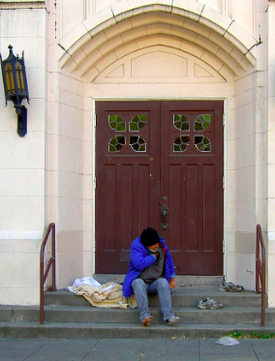 One of my heroes of the faith is A.B. Simpson, founder of the Christian and Missionary Alliance (1843-1919). Called to a rather prestigious NYCity church (a Presbyterian church!), he began to have a burden for ministry among the poor and street people. He'd preach on the street; street people converted; and, he brought them to church . . . was summarily disciplined and removed from the pulpit (on record, it was over his changed position regarding baptism, but there is no doubt as to the real reason was bringing those people into the paid-pews of our church). Having those street people (i.e., the bottom demographics of NYCity) enter Simpson's church was like the time Jesus took to turning-tables and whipping merchants who filled the temple court (probably Court of the Gentiles) and, then, the crowds of the poor, marginalized, sick, disabled came into the temple (assuming there was a place for them now that the merchants were chased out) . . . Jesus overturned the status quo and mis-use of the temple sacred space and the very crowd that was disallowed, then, came in . . . We often read past quick verses that give some context to the narrative. Matthew's account tells us immediately what happened after the table-turning: “And the blind and the lame came to him in the temple, and he healed them” (21:14). Matthew then tells us the temple leaders “were indignant” (v. 15). The Matthew 21 OT quote used to prophetically justify Jesus’ table-turning action was to remind Israel’s temple-leadership that God's temple was to be a house for ALL people (Matthew 21:13; cf. Isaiah 56:7). When we turn to that Isaiah 56 quote, we read in the very next verse: “The Lord God, who gathers the outcasts of Israel, declares, ‘I will gather yet others to him besides those already gathered’” (v. 8). And, this is exactly what happened in the over-turning-tables story in Matthew–in the very next verse: “And the blind and the lame came to him in the temple, and he healed them” (Matthew 21:14). If one pulls out the other likely OT reference to a “house of prayer for all people,” namely Jeremiah 7:11, there, too, we find in the context the marginal and bottom-demographics that have been left out, for we read in Jeremiah 7:5: “For if you truly amend your ways and your deeds, if you truly execute justice one with another, if you do not oppress the sojourner, the fatherless, or the widow . . .” (v. 5). Let's get this right: the over-turning-tables scene is about God’s people (more so, the visible ones that makes up both the truly elected and those who claim Christ but are not necessarily truly God’s people), the very temple (i.e., the place of God's dwelling and manifest presence--which was the temple in the OT and now the visible church, i.e., churches scattered throughout the earth) has barred the marginalized and placed barriers to the bottom-demographics from the temple/church sacred space. Like Jesus as he makes room for them in the temple, the significance of this Matthew 21 text is to apply to church (not in a general, universal church way--whatever that is--but, to the local church, my church, your church) by the intentional creating of room, restoring sacred space (i.e., literally NT table fellowship, however it looks today) for the bottom-demographics to be among us (or us among them, better, still). Or, we, too, may face Jesus’ over-turning-tables judgment.
patterns of church) and execute justice one with another (i.e., our neighbors) and not oppress the sojourner, the fatherless, or the widow . . . among church. This is not a State funded plan or program. This does not need to come from the Supreme Court or any federal law. This is church. Is it no wonder we hear a few lines later, in Matthew 21, Jesus would tell the temple-leadership who had a problem with the incoming bottom-demographics: “Truly, I say to you, the tax collectors and the prostitutes go into the kingdom of God before you.” This is an ecclesiological (aka a church) issue, the neglect of our poor and marginalized neighbors, and the giving of access to our fellowship so that they may have full access to the Father. We need to rethink church.
0 Comments
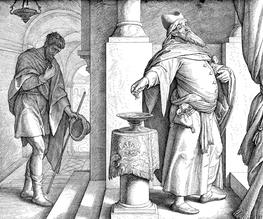 If you offer mercy and care to the poor so you are seen by others for their applause, for your own glory, honor, status . . . if you pray in ways so you may be seen and admired by others . . . if you fast to be recognized and esteemed by others, you are a hypocrite like the others. And, so, you are, then, not poor in spirit, not one who mourns, not meek and you do not thirst and hunger for justice, nor are you merciful, nor clean of heart, nor a peace-maker, thus, you will not receive reward from the Father who is in heaven. The kingdom is not yours. You shall not be comforted. You shall not inherent the earth. You will not be satisfied. You shall not receive mercy. You shall not see God. And, you will not be called “sons of God.” Seeking the applause of others for caring for the needy and seeking to be seen praying and fasting by others most certainly means you will not be persecuted for righteousness’ sake. Neither will you be reviled, and rather than having all kinds of evil uttered against you, you will be lauded with accolades and honor and status, and, therefore, you will not receive God’s gracious heavenly rewards, for you will have already received your reward. You are “shining” so others will give you glory rather than give God glory. And, in the end, you will not be able to claim that you have been cheated, for you will have been paid in full by the glory (applause, recognition, honor, status) given to you by others.
*This is the fourth instalment of quotes from my presentation on "Church (local), the poor and their neighborhood," which are somewhat random, but still focused on the church and the poor. For all the posted "Church (local) quotes >>
The local church as the “thin place” and “the space between”: “Thin place,” a sacred place or space where unseen mysteries of the other world (i.e., “the heavenlies”) and the material places of the earth touch. A “thin place” is where one can walk in two worlds at the same time, a place of liminality—a place where the two worlds (seen and unseen) are fused or mingled together, yet where distinctions can be discerned. “A thin place” is where the boundary between heaven and earth is especially narrow, a place where a sense of the divine is more readily perceived. The church (a local church) as God’s household-temple is such a “thin place.” The “space between” is the common or transitional space where boundaries are fluid, a mix of human activity, specifically that space between the build environment. The church (a local church) is such a “space between” [from C. M. Anderson, “The Sacred “Thin” Space Between: (Eph 3:16): The Temple- Church as Revelation of God's Reconciling Mystery and Its Potential for Church Growth Outcomes” (paper)].
*This is the third instalment of quotes from my presentation on "Church (local), the poor and their neighborhood," which are focused on applying the Bible, especially in the context of "neighborhood." For all the posted "Church (local) quotes >>
*The second set quotes from my presentation on "Church (local), the poor and their neighborhood" focus on the word "patience." The use of the word sheds light on the problem of allowing the status quo regarding the issues of poverty. It is a nice, maybe even comforting thought, that we need to trust that God will sort out all the justice issues--yet, such an attitude keeps the poor right where they are. Today. Tomorrow. For all the posted "Church (local) quotes >>
*Here are the first set of quotes from a presentation I gave on "Church (local), the poor and their neighborhood," where I sought to ask: "If a local church is “the flesh of a neighborhood” (i.e., the body of Christ local), does this mean a church should be activity concerned about the flourishing of its neighborhood?" This is the first post of a series of quotes (sets of quotes) to provoke our laissez-faire attitutdes and posture toward the issues of poverty and regarding the poor. For all the posted "Church (local) quotes >>
|
AuthorChip M. Anderson, advocate for biblical social action; pastor of an urban church plant in the Hill neighborhood of New Haven, CT; husband, father, author, former Greek & NT professor; and, 19 years involved with social action. Archives
February 2024
Categories
All
|
Pages |
More Pages |
|
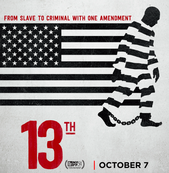
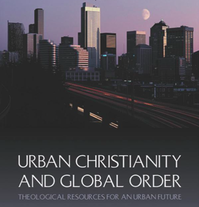
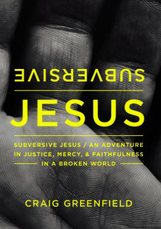
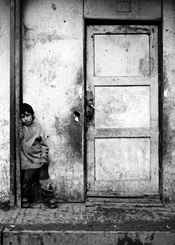
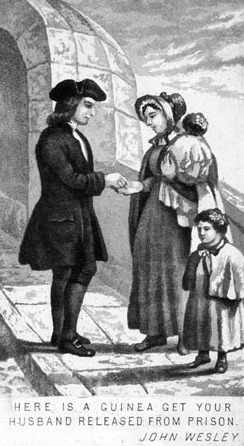
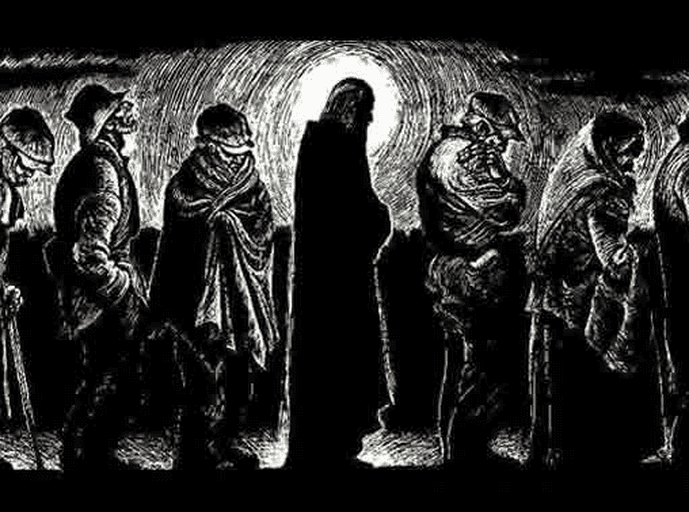
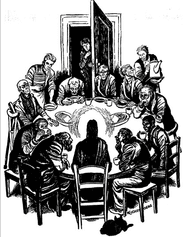
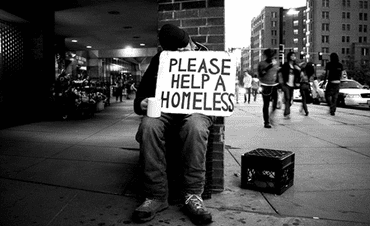
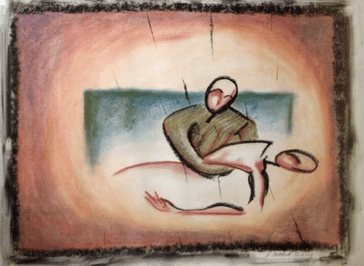
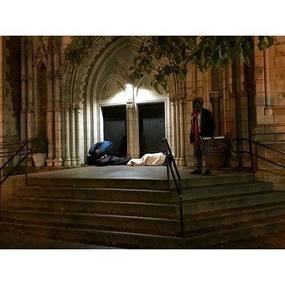
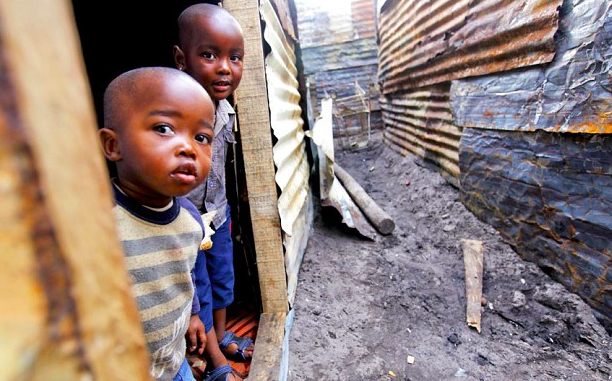
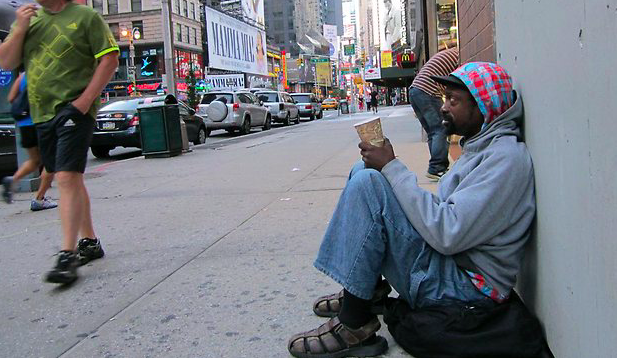
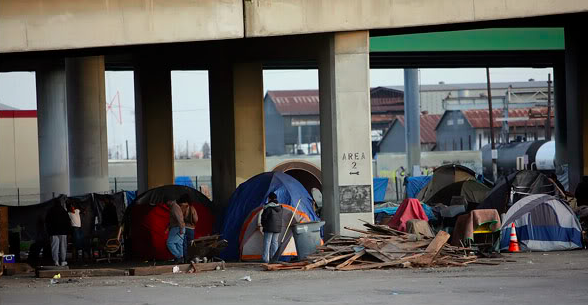
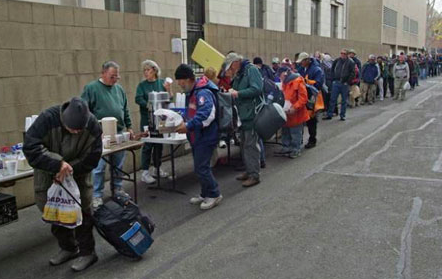
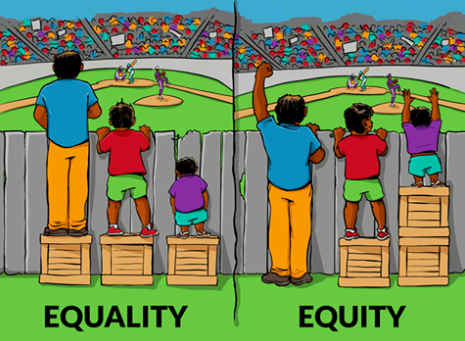
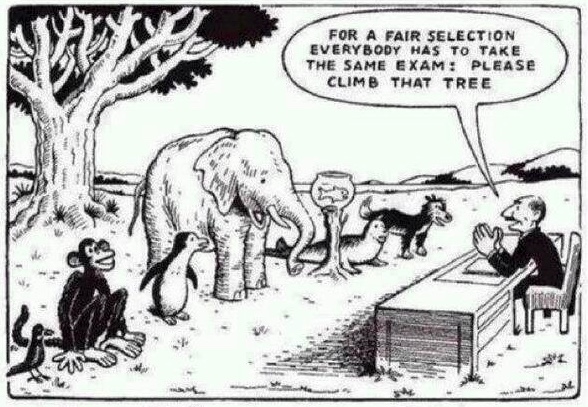
 RSS Feed
RSS Feed